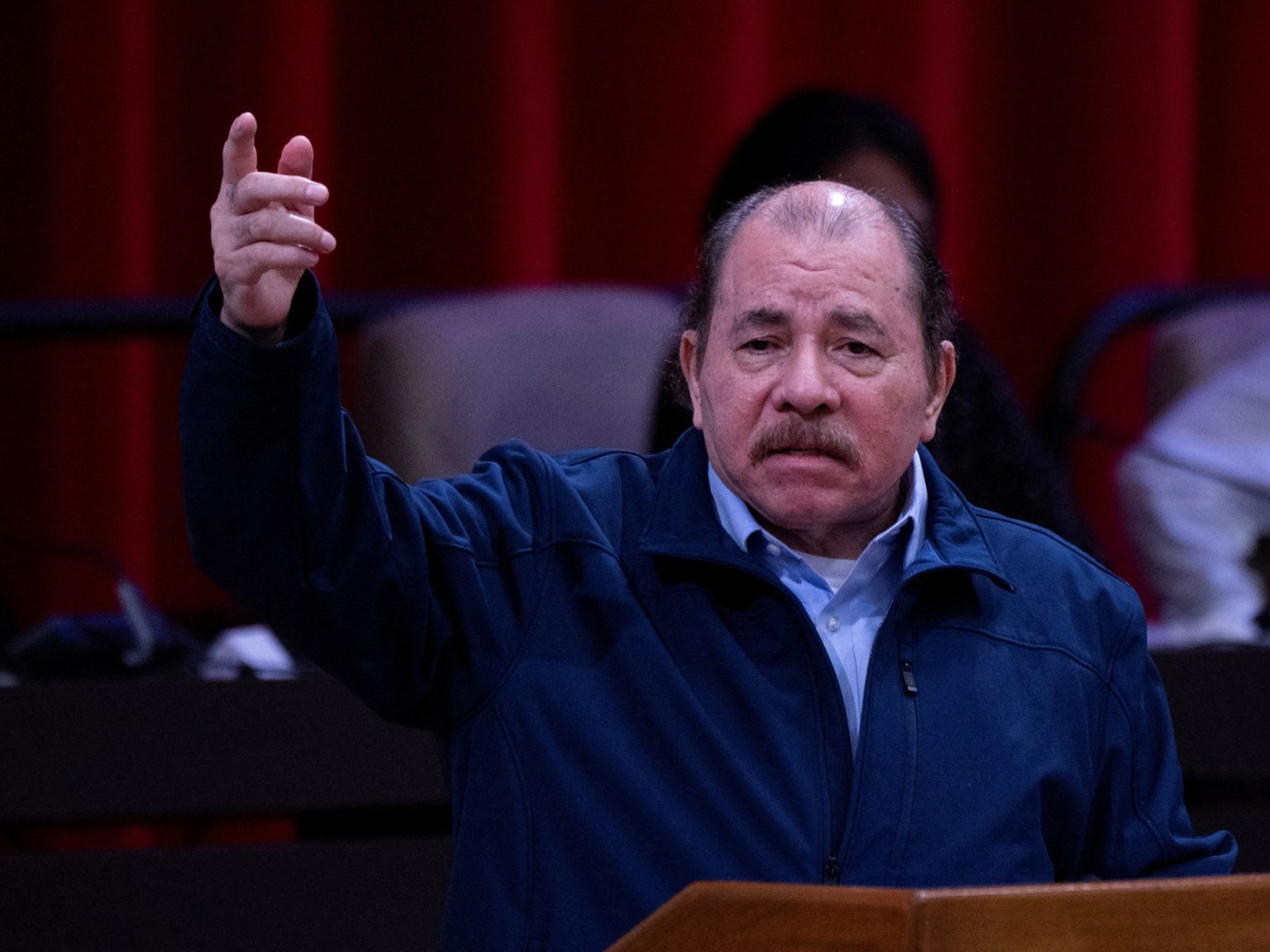The government of Nicaragua has recently banned 1,500 non-governmental organizations (NGOs) that are deemed hostile to President Daniel Ortega. This crackdown on civil society groups also includes the confiscation of assets belonging to these organizations, many of which are religious in nature. The Nicaraguan Red Cross, Catholic charities, rotary and chess clubs, sports associations, small traders’ groups, and Catholic radio stations and universities are among the targets of this ban. According to the Interior Ministry resolution, the banned organizations have failed to disclose financial information, including donations, leading to accusations of non-compliance.
President Daniel Ortega’s crackdown on civil society and the Catholic Church has been escalating since anti-government protests erupted in 2018. This crackdown has resulted in the closure of more than 5,000 civil society groups, private universities, and media outlets. In addition, a recent regulation passed by the government requires NGOs to only work in partnership with state entities. The government has also expelled over 300 politicians, journalists, intellectuals, and activists on charges of treason. The media outlet Al Jazeera has also been banned from Nicaragua, leaving a void in the country in terms of dissent.
Ortega’s rise to power in Nicaragua began in 1979 as the head of a military government after his involvement in the Sandinista movement that overthrew the Somoza family dictatorship. He was elected president in 1985 but was defeated in elections in 1990. Ortega returned to power in 2007 and has since eliminated presidential term limits and consolidated control over all branches of the state. Despite sanctions imposed by the US and the European Union, human rights abuses continue within Nicaragua. The United Nations experts and the Inter-American Commission on Human Rights have condemned the government for systematic and widespread violations of international human rights law.
The suppression of human rights in Nicaragua has led to a mass exodus of residents fleeing to neighboring countries like Costa Rica. The situation within the country has been described as a black hole of dissent, with severe restrictions on freedom of speech and civil liberties. The banning of NGOs and the expulsion of political dissidents have worsened the situation, leading to concerns about the continued deterioration of human rights in Nicaragua. As international pressure mounts on the Ortega government to end rights abuses, the plight of those affected by the crackdown remains a major concern for the international community.


